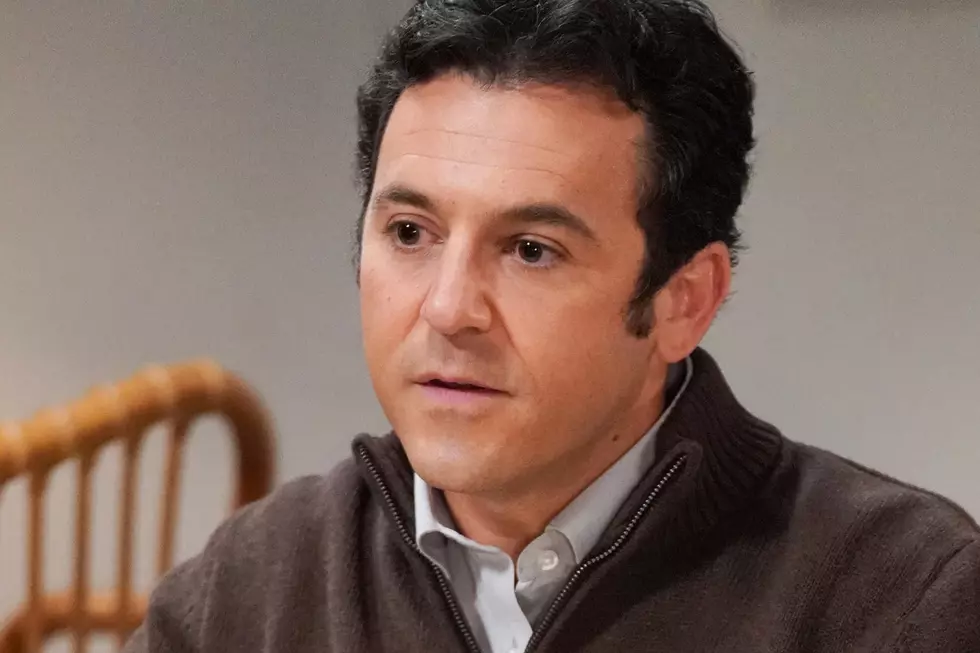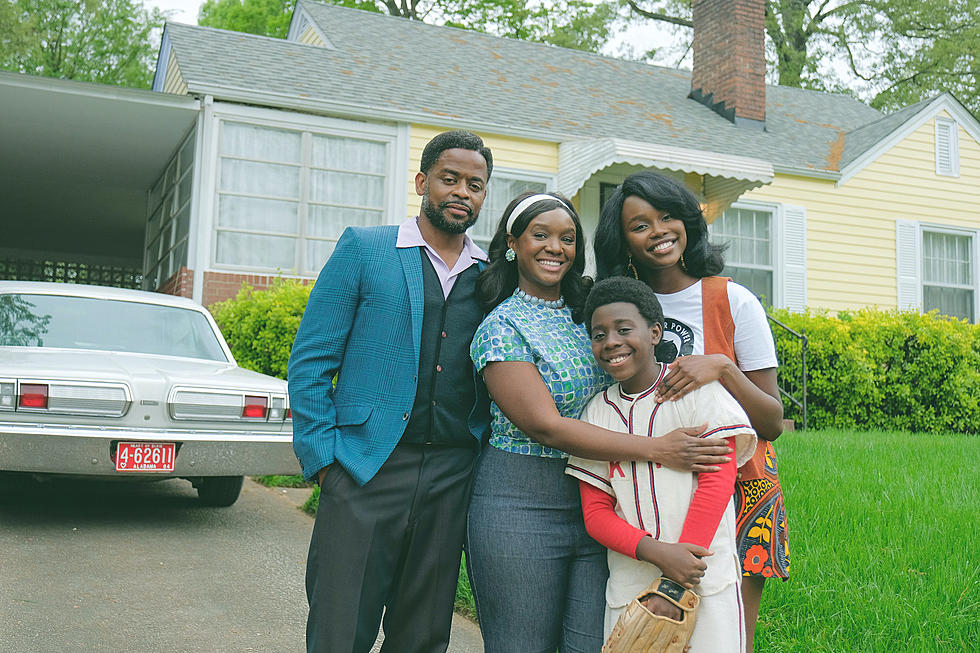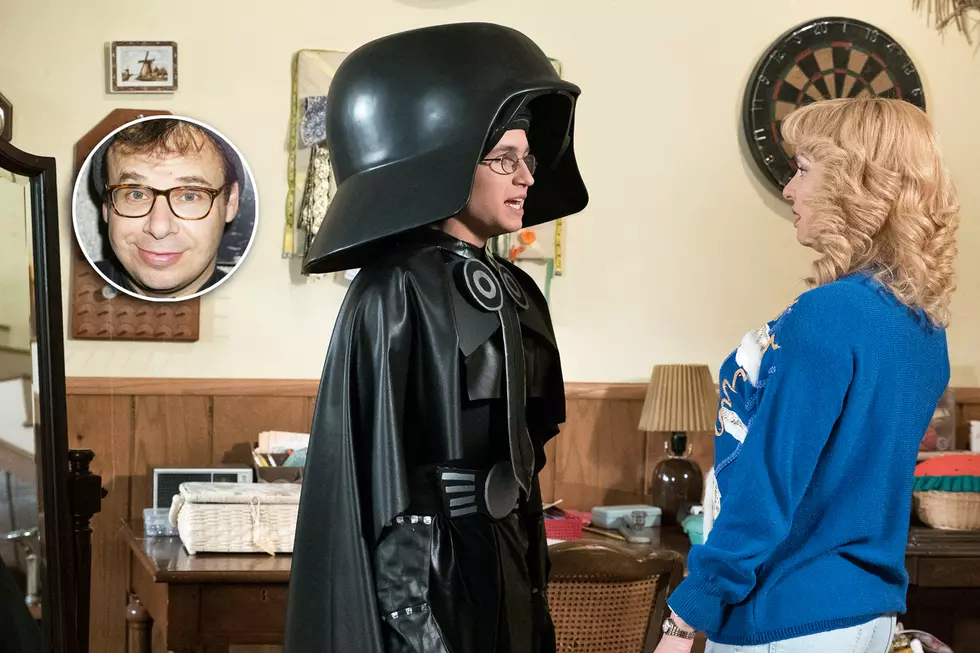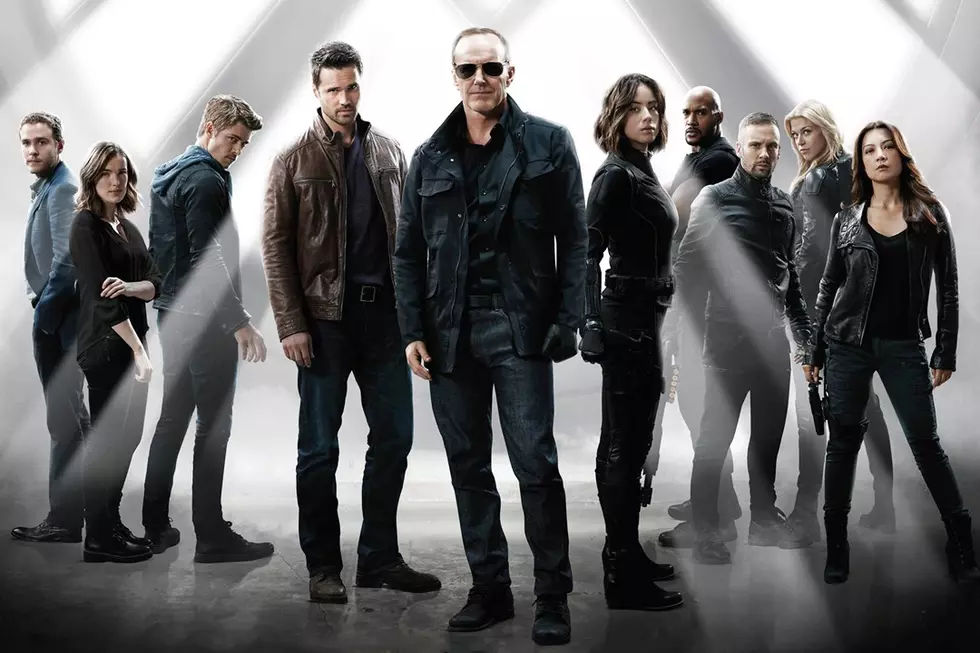
They Don’t Make Nostalgia TV Sitcoms Like They Used To
'The Wonder Years' finds itself staunchly in the great pantheon of nostalgia TV. It seems like there’s always one of these shows on the air, a sitcom that looks back at the past and reexamines it in some way: 'Happy Days,' 'The Wonder Years,' 'That ‘70s Show,' 'The Goldbergs.' While historical dramas are flourishing on cable with everything from 'Mad Men' and 'Masters of Sex' earning Emmy nominations, they just don’t make nostalgic sitcoms like they used to. There will never be another 'Wonder Years' because now we can never let go of our childhoods.
The best thing about these comedies is that they weren’t really about the past, but about the way we perceived the past from the present. 'Happy Days' premiered in 1974 when the nation was still reeling from Watergate, the energy crisis, and economic stagnation. It looked back on the teens of the ‘50s, was all about being cool and caring for your motorcycle and the family unit was still cohesive. It was an escape to a simpler time.
'The Wonder Years' premiered in 1988, a year after Gordon Gekko declared that greed was good and just as the excess of 'Dynasty' was winding down. The indulgences of the ‘80s were compared directly to the simplicity and idealism of the summer of love. So many of the promises made back then were never fulfilled and the people who were Kevin Arnold’s age in 1968 were just entering their mid-30s and figuring out what sort of life they wanted their own children to lead. It wasn’t like the ‘60s, but it wasn’t like the ‘80s either and was filled with the suburban ennui of lost opportunities.
"We want to stay children forever, recreating our own pasts for future generations rather than considering their lessons and their consequences."
'That ‘70s Show' debuted 10 years after 'The Wonder Years' when we had entered into the era of the post-modern sitcom ushered in by 'Seinfeld.' 'That ‘70s Show' looked like and acted like the more mad-cap sitcoms of the ‘70s, but with all the subtext taken out. They traded in the double entendres of 'Three’s Company' for the single entendres of the sex-soaked ‘90s. There was no undercurrent of drug use, the kids were actually sitting in the basement smoking doobies. It was as much a comment on the sitcoms themselves and how quaint they were as it was of the naivete of the ‘70s in general.
Apparently it takes 20 years to go back and mull over what it was like to be young back then. So shouldn’t we be examining the ‘90s right about now? Well we are, in countless BuzzFeed posts, pop-culture quizzes, and recreations that never stop. We now live in an age when we can revisit the television shows of our past at any time. In the ‘70s there was no Internet (or even Nick at Night) so that people could go back in time by watching 'I Love Lucy' clips on YouTube or torrenting episodes of 'The Howdy Doody Show.' Instead, they got to watch 'Happy Days' and dream about a time when things were simpler.
That is not the case now. Do you miss 'Double Dare'? Well, that’s easily solved. Have a yen for 'Clarissa Explains It All' or 'Perfect Strangers'? Done and done. The Internet is the world’s time capsule and anything that was big while it has been around (or was big when the people that make and control it were children) is stored there for all of eternity – or at least the global apocalypse.
That’s why 'The Goldbergs,' which is a good and funny show, is the nostalgia television for the Internet age. It is essentially a show about a wacky family (which there have been since 'Father Knows Best') and the ‘80s setting doesn’t have any sort of existential impact on what happens. Instead the show uses its references to remind people of things we can’t quite access. “Hey, remember the Walkman!” it says to us in between gags about embarrassing mothers and overbearing fathers, two things that never go away no matter what the year. 'The Goldbergs' recreates the ‘80s not as a fully-realized time and place, but as a listicle or web slideshow.
The Internet age also created a brand new phenomenon: the remake. For everyone who grew up with 'Boy Meets World,' now there is Girl Meets World, which is essentially the same show even with some of the original characters. The same thing happened with 'Beverly Hills: 90210.' Instead of looking back at the ‘90s teen dramas with a new show, the revamped '90210' just rejiggered the old formula and threw in some of the originals for good measure. Same with 'Dallas,' which just followed up with the same characters that were always on the show, just 20 years later. There’s a 'Jem and the Holograms' movie ready to hit theaters later this year and another installment of 'Jurassic Park' (which most 20-somethings first watched on TV) on its way. 'Saved by the Bell,' the sine qua non of nostalgic ‘90s teen programming, just got a Lifetime movie about its behind the scenes drama and 'Full House' is trying to make a comeback of its own. What’s next? A Steve Urkel comedy in development at Netflix?
We’re no longer reexamining the world of our youth, we’re reliving it. We’re trapped in a needless feedback loop where nothing new can be said about the past and no revisions can be made about the way we interact with it. We want to stay children forever, recreating our own pasts for future generations rather than considering their lessons and their consequences. By reproducing all these sitcoms, we have robbed our reflection on the past of knowledge of the future. Like Kevin Arnold, who narrated from a place of enlightenment, we’re not asking, “What if I knew then what I know now?” we’re only asking, “God, where do you think I can get some Gak?”
That’s why 'The Wonder Years' would never be made today. It’s too insightful, too raw, and too unafraid to look at the darker aspects of what it was like to grow up 20 years ago. Now it just makes us nostalgic for an age when they really knew how to make nostalgia TV.
More From ScreenCrush









